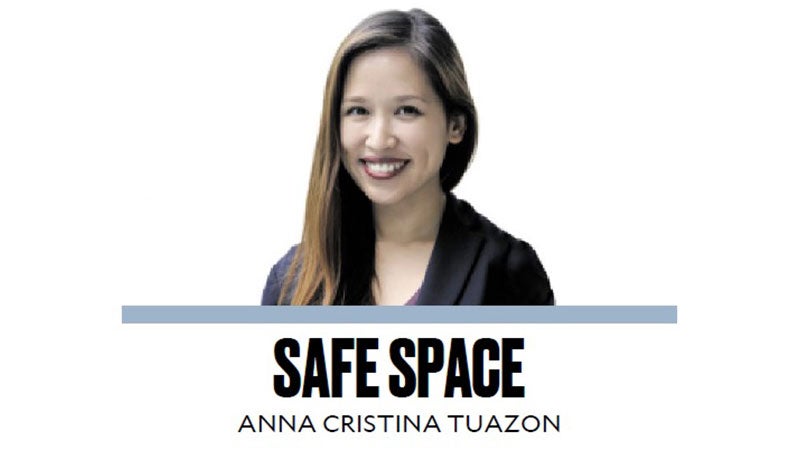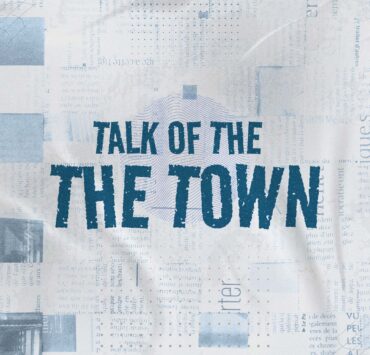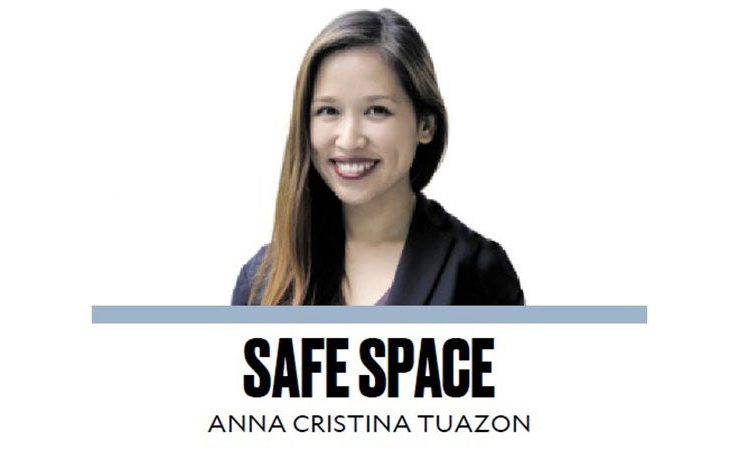Unconditional positive regard

We have reached the part in our psychotherapy class where we talked about Carl Rogers’ person-centered psychotherapy. As a humanistic approach, it starts with the basic assumption that humans have innate potential for growth and healing. It takes a nondirective stance where the therapist does not give advice or offer solutions. Instead, we provide unconditional positive regard, genuineness, and warmth that becomes the promotive environment for clients to solve their own dilemmas and have the confidence and courage to undergo transformation. It is a much-loved approach in counseling, where clients seem to enjoy the comfort that such a warm and supportive relationship offers. While the lack of overt technique and strategy makes it look easy, it is deceptively tricky to pull off.
First, unconditional positive regard is hard to achieve. The traditional example of this is parents’ love for their child. However, we have seen many parents struggle with this as they place conditions of worth. “Wala kang kwentang anak” is an oft-used phrase in Filipino teleseryes. If we follow Rogerian thinking, there is no such thing as a child with no worth. Can we, as parents, truly continue to hold positive regard for our children even when they behave in ways we don’t approve of? What if they choose a course that we fear has no financial stability—or worse, not go to school altogether? What if they choose to love someone we dislike? There are many ways in which we fail to uphold unconditional positive regard despite loving our children.
What’s more, if we are expected to hold the same regard for people who are not our kin? Can we extend unconditional positive regard toward people who are different from us or practice different beliefs and values? Carl Rogers insists that this is possible due to our shared humanity. In fact, he has extended his work beyond the counseling room, engaging in peace efforts and conflict resolution in places like South Africa and Northern Ireland. He strongly believed that peace can be achieved if we recognize our shared humanity and provide unconditional positive regard to one another. With political tensions happening all over the world, including in our own country, his perspective is sorely missed.
To illustrate the challenge of unconditional positive regard, I led my students through a loving-kindness meditation (which I invite you to do as well). We repeated statements such as “May I be well,” “May I be happy,” and “May I be free from suffering.” We then take turns wishing this for people we love, people we feel neutral about, and people we find difficult to be with. We repeat this over and over until we can feel compassion toward the target. Finally, we extend this saying to the world: May the world be well. May the world be happy. May the world be free from suffering.
My students found it easy to extend compassion toward people they love. They find it much harder to feel compassion for people they dislike and find themselves resisting to wish them free of suffering. I imagine most Filipinos would experience the exercise this way. It takes a lot of inner strength to wish our enemies or oppressors well. Imagine if Ukraine and Russia wished each other free from suffering. Imagine if Israel and Gaza wished each other to be happy. Imagine if our local politicians wished their rivals well instead of engaging in negative campaigning. Imagine if our social media interactions were driven by compassion instead of divisiveness. Such an imagined world would be a world worth building, wouldn’t it?
How then do we build toward this ideal? This was the dilemma facing my students as they embarked on a journey toward being professional healers. Unconditional positive regard cannot be imposed as an external mandate, as if it were a switch that could be turned on. If we force it without fully imbibing it, it can look fake or even hypocritical. Genuineness is a key component of the person-centered approach. Thankfully, unconditional positive regard does not mean we agree or approve of the other person’s actions. What it means is that we see beyond their actions and see them for who they are, as fellow human beings. And because we see their humanity, we see their potential to change and grow. We see their potential to make good choices. We see their need for connection and safety as a prerequisite to that growth toward goodness.
We can work with people who have done hurtful things because we know that redemption is always possible. We can still have unconditional positive regard as we hold them accountable for their actions. To hold positive regard in this case is to trust that they have the capacity to see the error of their ways and to reconnect with a sense of caring for other people. Unconditional positive regard is indeed a lofty principle, but it is one that can contribute to a more peaceful world.
—————-
aatuazon@up.edu.ph


















